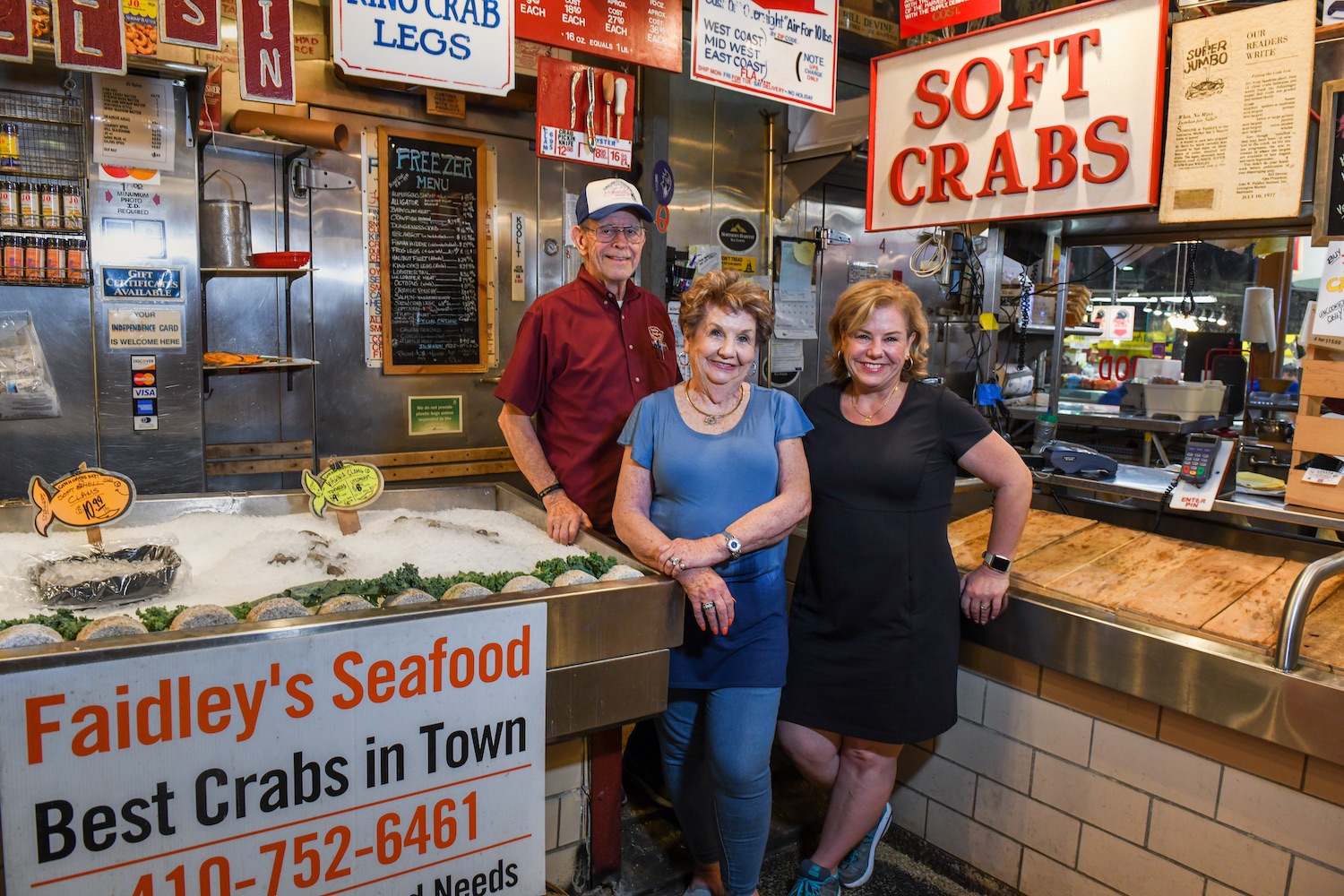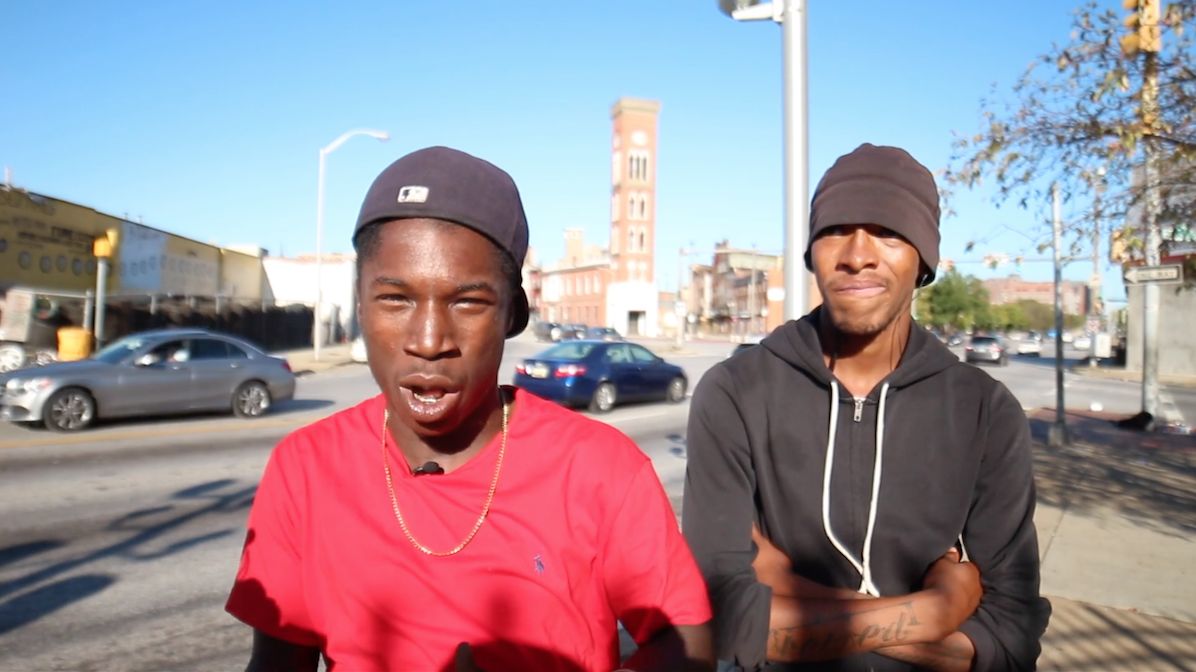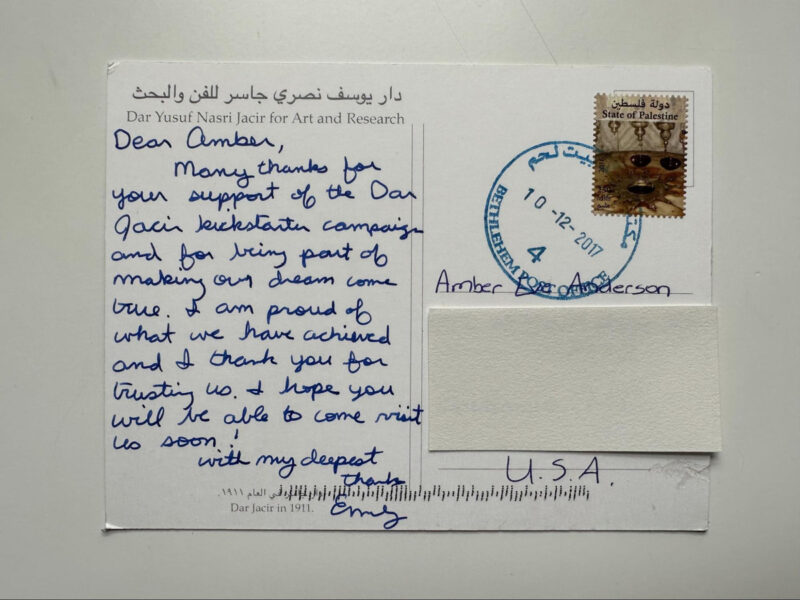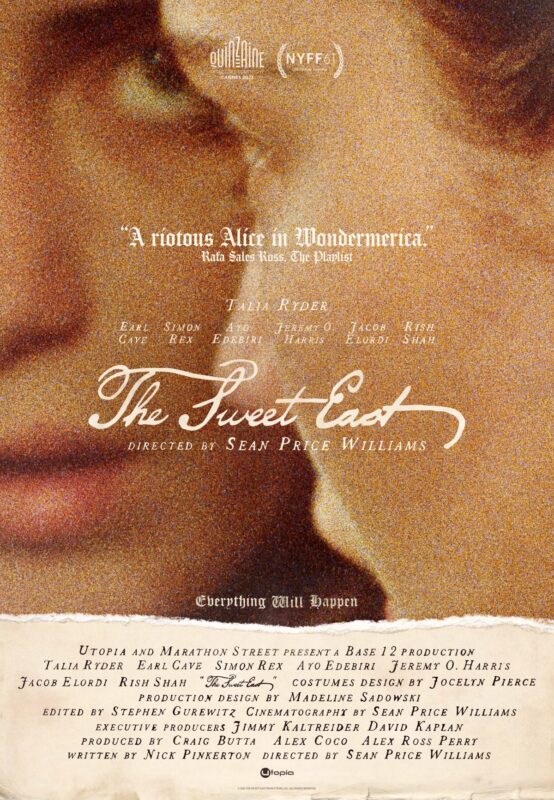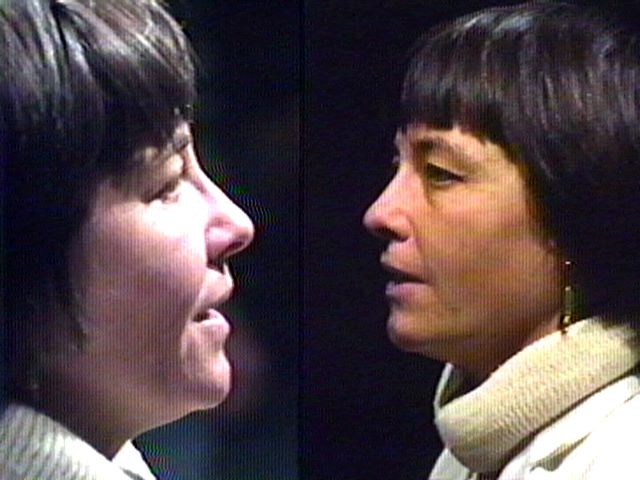Shauntee Daniels thought of making a documentary about Baltimore’s burgeoning, embattled squeegee-ers more than a year ago—the last time there was a histrionic, public safety panic about the mostly young Black men who grind it out at intersections across the city washing car windows for a few bucks.
“There was a lot of conversation about the squeegees,” Daniels recalls. “It just kept ramping up.”
Meanwhile, Baltimore regularly reaches 300-plus murders, schools are profoundly underfunded, the police department and city government endure waves of corruption, and yet the “squeegee kids” remained a scapegoat for “business leaders” and politicians and fodder for scare-mongering, highly click-able stories in the Baltimore Sun and on local television news. So a film, Daniels thought, could “tell the story of these young men and women that are doing this work and why they are doing it,” Daniels says, free from “the abhorrent conversation about what they do.”

Daniels reached out to filmmaker Tony Mendez, the creator of the Say It Loud Film Festival, whose approach in the past—“let the people be authors of their own story instead of letting someone else speak for them,” Mendez explains—suggested he would hear squeegee-ers out.
“Shauntee had this idea for a film and she kind of just gave me a little bit what the idea was: it was about squeegee boys,” Mendez recalls. “And I always love tackling these subjects where someone has this stereotype that’s usually negative and I find more about it and get to go deeper.”
Earlier this year, Daniels became the executive director of the Baltimore National Heritage Area (BNHA), the nonprofit where she has worked since 2008, whose mission is “promoting, preserving, and enhancing Baltimore’s historic and cultural legacy and natural resources for current and future generations.” She made sure to locate funding for Mendez to make a short documentary about “squeegee people.” Both Daniels and Mendez avoid saying “squeegee boys” or “squeegee kids” in part because their documentary shows the multitudes of Baltimoreans out there doing this sort of work.
By Any Means Necessary: Stories of Survival, directed by Mendez, presented by BNHA, premieres at the Charles Theater on December 2, screening before director Robert Rippberger’s Strive starring Danny Glover (full disclosure: BmoreArt is a media partner for this screening as is The Real News Network, with whom I have worked and collaborated for years).

The film was made in part out of “curiosity” about the ins and outs of squeegeeing, Daniels says, and as a way of preserving a piece of Baltimore history as it happens, connecting past to present: “The reason why these young men do it is there’s street cred to it—to hustling. Hustling is something that is ingrained in African American culture from way back: If there are no opportunities to make a living, you find a way to make a living. You think about the arabbers, you think about boot blacks, you think about people who did these odd jobs to make a way in the urban environment, what do you do? Sell water, squeegee windows.”
A more nuanced and collaborative tourism vision also informed the film and helped it get its funding. City officials repeat talking points that claim squeegee-ers scare tourists away—all part of a decades old attempt to court folks from the county even if it means vilifying Baltimoreans—but Daniels encourages understanding, which she believes will provide tourists with a deeper sense of Baltimore.
“You cannot have Heritage tours and expect people to come to your city if you don’t do the right things for the people that are here,” Daniels says.
Via on-the-street interviews, conversations about squeegee-ing inside of the Arch Social Club, and vérité-style footage of squeegee-ers working intersections, By Any Means Necessary mixes the folkloric hand-holding of local documentaries such as We Are Arabbers or The Screen Painters with the rousing cinematic rhetoric of Third Cinema.
“This film is for the people that are coming here and are hearing all of the news making Baltimore out to be a scary place because of squeegee boys,” Daniels says. “The movie will give a face to this ‘villain’ that you’ve made out, I’m giving you a face, I’m giving you some context.”
Some of the faces you’ll see tell devastating stories: “There is a 24-year-old girl who was homeless who said she was on heroin and she’s trying to get clean and she has a son and she hasn’t seen her son in a month,” Mendez says. “A few years ago her parents passed, she came from a home where she had stuff, she had everything she needed and something happened and it broke her spirit and she got into heroin and one of her friends told her about squeegee-ing to make money.”
Another interviewee, Walker, was squeegee-ing in the early ’80s and now mentors squeegee-ers: “I was a squeegee boy from about ‘83, ‘84, ‘85—about four years. That right there was the time that kept me under the umbrella of positivity,“ Walker says in the film. Squeegee-ers currently out echo Walker’s experience more than 30 years ago, discussing how squeegee-ing was the gig they have moved onto to avoid the corner or to stop committing petty crimes just to get by.

A dozen or so interviews with squeegee-ers in Baltimore working the East and West sides gives a glimpse of the complex lives of those working say, Old Town Mall or Martin Luther King Boulevard.
“There’s everyone from that 24-year-old girl on heroin to Walker to a 16-year-old kid who just wants to make money to a dude that was on crack,” Mendez says. “Other people were high on the ambition of wanting to make money and expand and to go from being a squeegee [person] to buying a building to invest in themselves.”
Mendez, who now lives and works in Miami, flew up for three shooting days starting in October of this year which coincided, nearly a year after this documentary was conceived, with another moment where rhetorical attacks by the city and the media on squeegee-ers and actual physical attacks by drivers ramped up.
“That initial ‘the squeegee boys yet again are bad’ in the media? I knew it was false,“ Mendez says.
Most notably, in October, a woman fired her gun at squeegee-ers who approached her car which was quickly twisted by police and press into being the squeegee-ers’ faults.
“A lady pulled a gun out on them,” Mendez stresses.
These attacks made Mendez sensitive to what it might be like to show up with cameras, so the plan was to “hang out” with squeegee-ers at first. With assistance from Leon Smith-Bey of The Arch Social Club, who conducted the interviews, By Any Means Necessary simply hears squeegee-ers out and with it, creates a portrait of people scraping together a living in a city where much of the aboveground economy is inaccessible.
“I’m trying to dig deeper and I think I’m able to achieve that and then, I think everybody can walk away with something,“ Mendez says.
The Peale Center’s fundraiser and screening of By Any Means Necessary: Stories of Survival and Strive is December 2 at the Charles Theatre. For more info and tickets, visit the event page.
